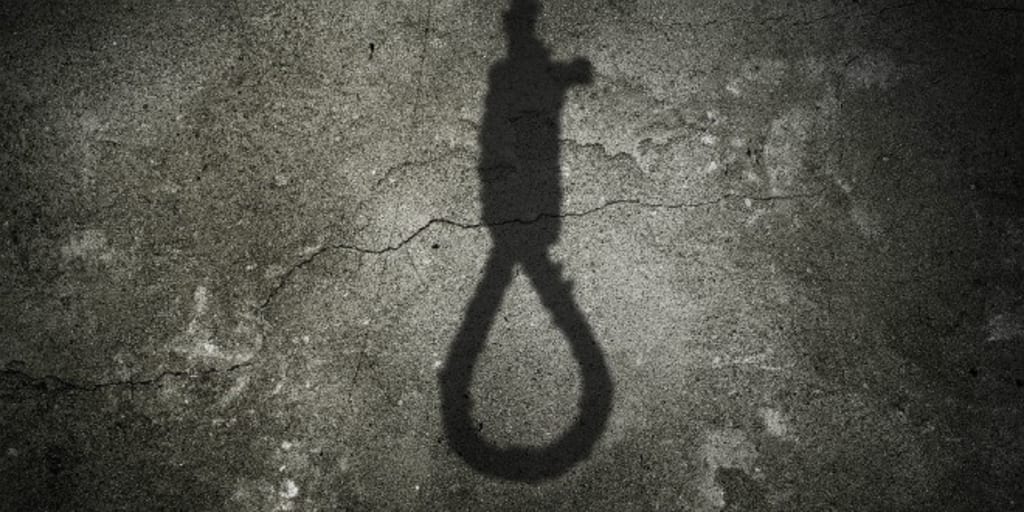The Healing Journey of a Family after Tragedy: Coping with the Loss of a Daughter
The Road to Recovery. Navigating Grief and Loss as a Family

It was the hardest day of my life when I found my daughter hanging from her room's ceiling. My world crumbled right in that moment, and I didn't know what to do. I screamed at the top of my lungs, begging God to bring her back to me. But there was no answer. My husband arrived shortly after and saw me laying on the floor, cradling our daughter's lifeless body. He knew then and there what had happened, and he fell to his knees with a heart-wrenching sob.
It was a few weeks after that day that I realized my husband was not dealing with our daughter's death very well. He had become distant, quiet, and lost his appetite. He would often sit in our daughter's room, among her toys, and not move for hours at a time. I knew I had to do something to help him cope, so I started doing some research and talking to other people who had lost a child.
I learned that everyone grieves differently and there is no "right" way to grieve. I realized that my husband's way of grieving was just different from mine, and that it was okay. I also learned that communication is key in any relationship, but especially when dealing with such a devastating loss. So, I started talking to my husband more.
At first, it was incredibly difficult for us both to talk about our daughter, but we knew it was necessary. We would sit down, hold each other's hand, and talk about her for hours. We would share memories, funny stories, talk about her favorite things, and even her flaws. It was a way for us to feel closer to her and keep her memory alive.
Another thing I did to help my husband cope was to suggest we get professional help. Initially, he was against it, but after some convincing, he agreed. We found a grief counselor who specialized in helping parents who had lost a child. It was a safe space where we could talk about our feelings without being judged, and where we could learn coping mechanisms to deal with our loss.
We also started doing things together that would make us feel closer to our daughter. We planted a small garden in our backyard with her favorite flowers, wrote letters to her every day, and even created a scrapbook filled with all her pictures and memories. These were tangible ways for us to feel her presence and to honor her memory.
One day, my husband suggested we do something for other children who might be struggling with mental health issues. He said he wanted to create a fund to help parents who couldn't afford therapy for their children. Initially, I was hesitant, but he was so determined, and I knew it was something our daughter would be proud of. So, we started a foundation in her name, and it has become our life's work.
We speak at schools, go to support groups for parents who have lost a child, and work tirelessly to get legislation passed to help children get the mental health care they need. Our daughter's death has taught us to have compassion, empathy, and to help others. It's not something we would have ever imagined for ourselves, but it has given purpose to our life and helped us cope with our loss.
Today, my husband and I still miss our daughter terribly, but we have found ways to cope. We talk about her every day, we share memories, and we continue to honor her through our foundation. We have learned to accept that we will always grieve, but we have also learned that it's okay to be happy again. We know she would want that for us.
In conclusion, losing a child is a tragic event that no parent should ever have to endure. However, it is possible to find ways to cope and heal. It takes time, patience, and a lot of love and support. It is essential to have open communication, seek professional help if needed, and find activities to honor the memory of your child. Most importantly, it is vital to remember that you and your spouse are on this journey together, and it's okay to grieve differently. Be kind to yourself, be patient, and know that there is hope for healing, even after a devastating loss.
About the Creator
Amelia Goldstien
Amelia Goldstein is an experienced content writer with over six years of experience in creating compelling and engaging content. She specializes in digital marketing, SEO, and social media and has worked with a variety of industries.






Comments
There are no comments for this story
Be the first to respond and start the conversation.